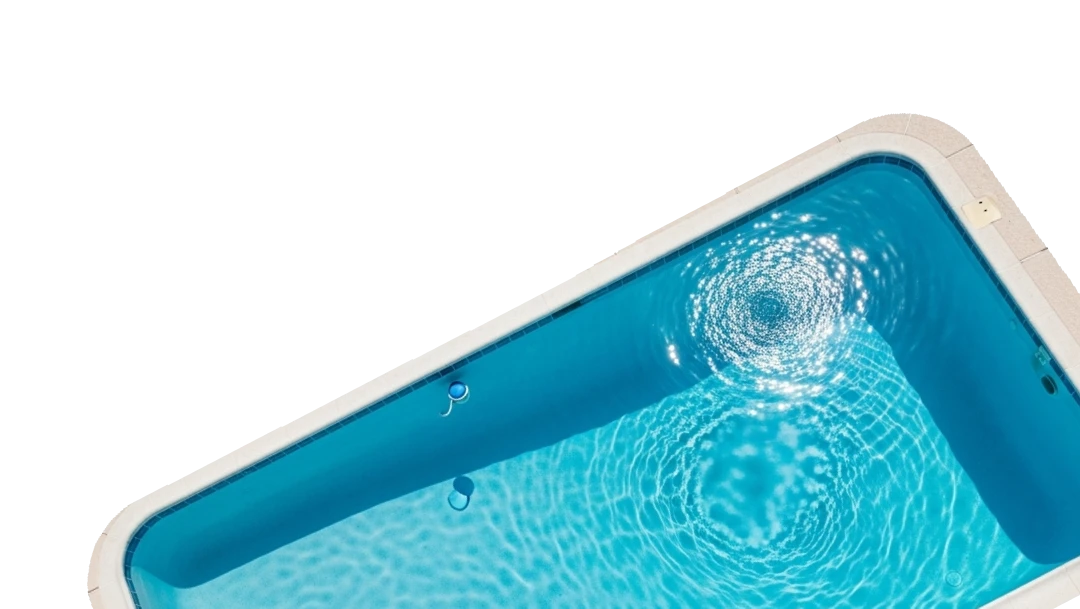Find and Fix Your Pool Leak: The Ultimate Guide to Swimming Pool Leak Detection in Arizona

A pool leak can turn your backyard oasis into a source of stress, wasted water, and high bills. If you’re in Arizona and notice your pool is losing water, it’s time to act fast. This article explains how to spot, find, and fix a leak in your swimming pool-whether you have an in-ground pool, vinyl liner, or commercial pool. As the leading pool leak detection and repair company in Arizona, Optimal Pool Leak Detection uses industry-best LeakTronics equipment to deliver fast, accurate solutions. Read on to discover why a leaking pool shouldn’t wait and how professional leak detection services can save you money and keep your pool in top shape.
What Are the Signs of a Pool Leak?
Recognizing the signs of a pool leak early can save you thousands in repairs. The most obvious sign is a sudden drop in your pool’s water level, but there are other indicators to watch for:
- Wet spots or standing water around the pool deck or yard
- Cracks in the pool shell, pool liner, or falling tiles
- High water bills or your autofill running constantly
- Air bubbles in the pool pump or suction lines
- Algae growth or fluctuating chemical usage
If you notice any of these signs of a pool leak, it’s time to investigate further or call in the pros at Optimal Pool Leak Detection.
How Much Water Loss Is Normal, and When Should You Suspect a Leak?
Pools naturally lose water to evaporation, especially in Arizona’s hot, dry climate. On average, a pool may lose about 1/4 inch of water per day to evaporation. If your pool is losing more than this, especially if you’re refilling it more than once a week, a leak may exist.
A quick way to check is the bucket test: Place a bucket filled with water on a pool step, mark the water levels inside and outside the bucket, and check after 24–48 hours. If the pool’s water level drops more than the bucket’s, you likely have a leak.
Where Are the Most Common Pool Leaks Found?
Understanding the most common pool leak locations helps you troubleshoot quickly:
- Skimmer: Cracks or separation near the skimmer are a frequent source of leaks, especially in vinyl pools or where the skimmer meets concrete.
- Pool Shell or Liner: Cracks, tears, or holes in the pool shell or vinyl liner can allow water to escape.
- Plumbing and Pool Pipes: Underground pipes, especially near the equipment pad, main drain, or return lines, are vulnerable to leaks.
- Pool Light and Fittings: Gaps around pool lights, returns, or stairs may indicate a leak.
- Valves and Equipment: Leaks can develop in the filtration system, pump, or valves, causing water to pool around equipment.
How Do Professionals Detect a Pool Leak?
Professional leak detection combines experience with advanced tools. At Optimal Pool Leak Detection, we use LeakTronics’ industry-leading equipment, including sensitive listening devices and pressure testing tools, to pinpoint the exact location of the leak-often without digging or damaging your pool.
- Listening Devices: Amplify the sound of water escaping from pipes or cracks.
- Pressure Testing: Isolates sections of plumbing to detect pressure drops that indicate leaks.
- Dye Tests: Used to visually confirm leaks near cracks, fittings, or the skimmer.
This technology ensures we find and fix leaks quickly and accurately, saving you time and money.

Can I Find and Fix a Pool Leak Myself?
Some pool leaks are easy to spot and repair, especially surface cracks or minor liner tears. DIY methods include:
- Visual Inspection: Look for cracks, wet spots, or damaged tiles.
- Dye Test: Squeeze dye near suspected leaks and watch for it being drawn out.
- Bucket Test: Distinguish between evaporation and a leak.
For small leaks, you may be able to use a patch kit or pool putty. However, hidden leaks in plumbing or underground require professional leak detection services to avoid unnecessary damage and ensure a proper fix.
What Types of Pools Are Most Prone to Leaks?
All pools can develop leaks, but some types are more susceptible:
- Vinyl Pool: Prone to tears and seam separation, especially near the liner or skimmer.
- Gunite Pool: Can develop cracks in the shell or around fittings.
- In-Ground Pool: Underground plumbing leaks are more common due to shifting soil or aging pipes.
- Commercial Pool: Larger surface area and complex plumbing increase the risk of leaks.
No matter the type of pool, Optimal Pool Leak Detection has the expertise and tools to find and fix any leak.
How Do Pool Leaks Affect Water and Chemical Use?
A leaking pool leads to constant water loss, which means you’re always adding water and chemicals to maintain balance. This not only increases your water bills but also disrupts your pool’s water chemistry, making it harder to keep your pool clean and safe. Over time, leaks can cause rust and corrosion, damage the pool structure, and even erode the ground around the pool.
What Should I Do If I Suspect a Leak?
If you suspect a leak, don’t wait. Here’s what you should do:
- Turn off the pump and mark the water line to monitor water loss.
- Check for wet spots, cracks, or standing water around the pool.
- Try the bucket test to confirm if a leak exists.
- Call Optimal Pool Leak Detection for a professional assessment and repair.
The sooner you act, the less likely you are to face costly repairs or damage to your pool and property.
How Does Leak Detection Work in Arizona’s Climate?
Arizona’s extreme temperatures and shifting soil make pools especially vulnerable to leaks. High heat causes expansion and contraction in pool materials, while dry conditions can lead to ground movement. That’s why it’s crucial to have regular inspections and rely on local experts who understand the unique challenges of Arizona pools. Optimal Pool Leak Detection serves Scottsdale, Phoenix, Tempe, and surrounding areas with fast, reliable service.
Why Choose Optimal Pool Leak Detection?
- Local Expertise: We understand the unique challenges of Arizona pools.
- Advanced Equipment: We use LeakTronics’ professional-grade leak detection tools for pinpoint accuracy.
- Transparent Pricing: You get detailed estimates and clear communication.
- Comprehensive Service: From leak detection to repair, we handle it all-so you can enjoy your pool worry-free.

Key Takeaways: What Every Pool Owner Needs to Remember
- Watch for signs of a pool leak: dropping water level, wet spots, high bills, or cracks.
- Use the bucket test to distinguish evaporation from a leak.
- Common leak locations include the skimmer, pool shell, plumbing, and equipment.
- Professional leak detection uses advanced tools for precise, non-invasive results.
- Leaks waste water, chemicals, and can damage your pool and property.
- Arizona pools are especially at risk due to climate and soil conditions.
- Optimal Pool Leak Detection is your trusted local expert for finding and fixing leaks fast.
Don’t let a pool leak drain your wallet or your summer fun. Contact Optimal Pool Leak Detection today for expert leak detection and repair in Arizona!
Other ARTICLES

.webp)
.webp)
Pool Leak Solutions For You
Protect Your Pool Investment.
Claim Your Free Quote Now!






